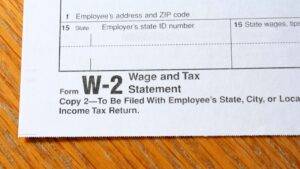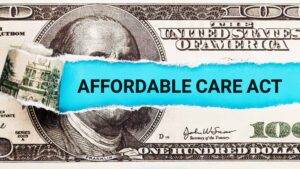
With more than 6 million S Corporation returns filed each year, we'll break down the
6 min read
The DEA has begun the process to reclassify marijuana from a Schedule I drug (like heroin and LSD) to a Schedule III drug (like ketamine and anabolic steroids.) The proposal does not legalize recreational marijuana use, but it recognizes cannabis as a less dangerous drug and acknowledges its medical uses.
The move represents the DEA’s biggest policy shift in decades, and it’s likely to have far-reaching business and tax implications.
Under Section 280E of the Internal Revenue Code, businesses involved in “trafficking” Schedule I and II substances may not claim deductions for what would otherwise be ordinary business expenses, such as payroll, marketing costs, and rent. As such, reclassifying marijuana as a Schedule III drug will drastically lower the tax obligations of cannabis businesses. It will also help cannabis businesses that are legal at the state level better compete with competitors who operate illegally.






Subscribe to our news, analysis, and updates to receive 10% off your first purchase of an on-demand digital CPE course.